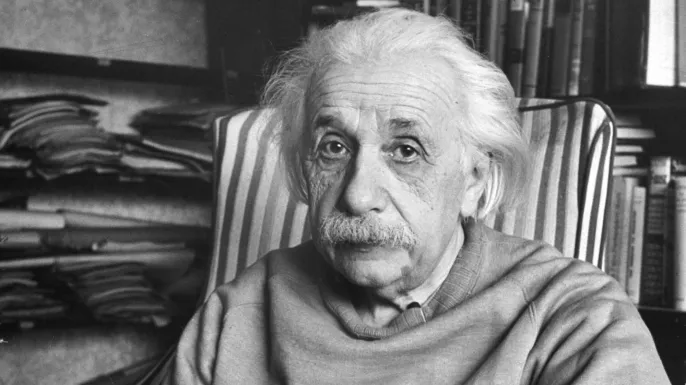What makes a true genius. Many would tell you someone who can understand and analyze the complexities of this world. Below you will find the general definition.
gen·ius
ˈjēnyəs/Submit
noun
1.exceptional intellectual or creative power or other natural ability.
"she was a teacher of genius"
2.a person who is exceptionally intelligent or creative, either generally or in some particular respect.
"one of the great musical geniuses of the 20th century"

In my humble opinion, there are those great exceptional minds such as Einstien that are born geniuses. They have a tendency to take complexity and read it like a first-grade book. We are in awe of these genius minds as we should be. It's just as impressive as an aerial acrobat or a triathlete. They demonstrate something we see as near impossible or that we thought wasn't possible until the moment we witnessed it for our selves. We have no choice but to stand there and be awestruck.
In everyday life, we overlook the most important kind of genius. The person who can not only understand the complexity but can also turn a complex thought into an easy to follow step by step instruction. I'll give you an example:
In the book "Between Parent & Child" by Dr. Haim G. Ginnott they tackle the complex thought of empathetic communication and listening. In one simple story, they explain the effects of giving un-provocative advice and the effects of nonempathetic listening and communication.
This is not a direct quote but a paraphrase:
The psychologist takes women volunteers and gives them a scenario to gauge their response. He sets the scene by explaining a common occurrence. He tells the women to imagine a day were they are awoken by the baby crying. The phone starts ringing. In general it's a very hectic morning. In all this chaos they overlook the toast and it burns.
Now you husband looks at you and says "What's wrong with you! You burnt the toast" How do you respond. Most said they would yell back at him and tell him to make his own damn toast. After their response, the psychologist would then ask how the rest of their day would be. The common response was horrible.
Okay, now let's say your husband response like this "Oh, honey first the baby started crying and the phone started ringing and now the toast is burnt. I'm so sorry it's been a very hectic morning" How do you respond. Most women were thrilled they said things such as I would take him straight to bed. Now how would the rest of your day be he would ask. Wonderful was the common response.
Now, what if your husband looked at you and said: "Do you need me to show you how to make the toast". The common response was that was worst than the first.
A simple way to look at this is to take the toast out and add in depression. Our first instinct is to help fix the issue or play it off as no issue at all. "What's wrong with you why are you depressed" or "Go for a run. You need to get out" these are common replies, but they do the opposite of help. They isolate the person feeling depressed. The burnt toast experiment is a perfectly simple example of how to listen and communicate with empathy.
Boiling something so complex down into something easy to understand and follow is a rare genius. After all, if only geniuses can understand what you are talking about you aren't going to get the common people to follow and improve. Is your message heard at all?